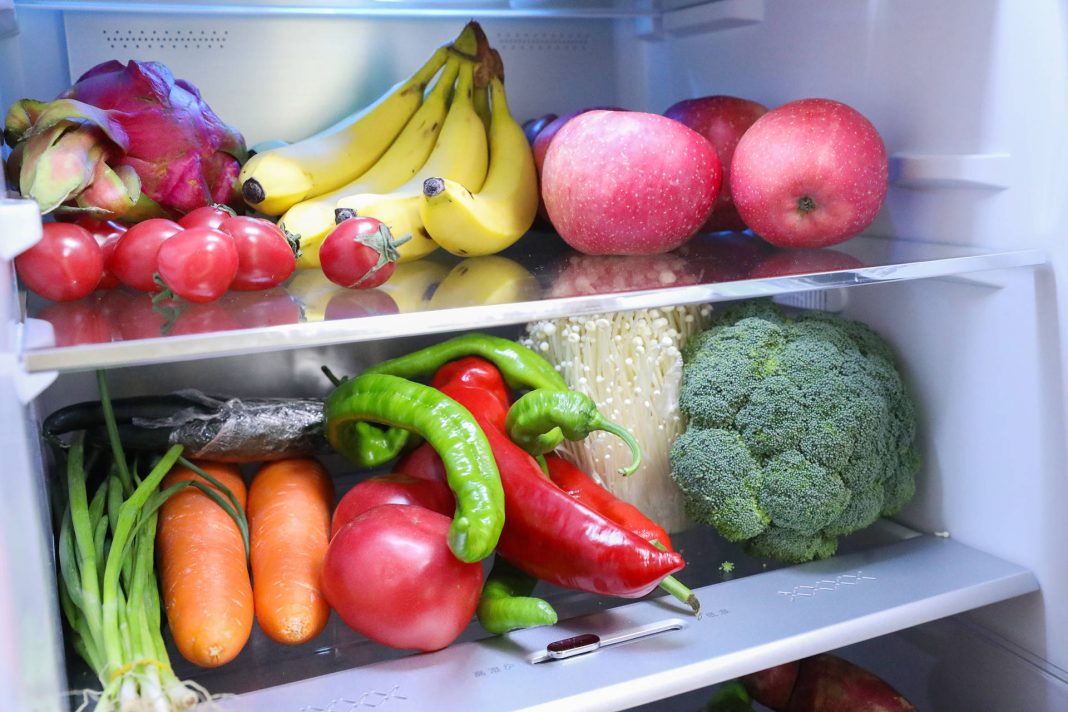This text is provided by the Pioneer Bird Blood Sugar Management Software! It helps you record blood sugar, blood pressure, and other health indicators, provides free samples of sugar-free foods, as well as customizes diet and exercise plans to accompany you in blood sugar control.
As a nutritionist, I often encounter various questions about diet from diabetes patients in my work. Among them, the discussion about corn is particularly intense. Many people know that moderate consumption of corn is beneficial for people with high blood sugar, but few are aware that there is one food that should absolutely not be eaten after consuming corn. Today, I will share my experience and advice with you.
First, let’s look at the benefits of corn for people with high blood sugar. Corn is a low-fat, high-fiber food, with its fiber content being over 3 times that of refined white rice. This fiber can form a gel-like substance in the intestines, slowing down the digestion of food, thereby reducing the speed of postprandial blood sugar rise. In addition, the magnesium element in corn also helps in the normal secretion of insulin, playing a positive role in maintaining stable blood sugar.
However, even for such beneficial food, it has dietary pairing taboos. Many people, after eating corn, unconsciously pair it with seemingly harmless foods, not realizing that this may seriously affect their health. Particularly, there is one type of food that must not be eaten after consuming corn – sweets.
Sweets contain a large amount of sugar, which rapidly converts to glucose in the body, causing a sharp increase in blood sugar levels. If corn is consumed together with sweets, the starch in corn will convert into glucose faster under the influence of sugar, turning the corn, which could have helped in stabilizing blood sugar, into a “culprit” for elevated blood sugar.
I once had a patient who had a bowl of corn porridge for lunch, and then couldn’t resist eating a piece of cake. As a result, his blood sugar spiked in a short period of time, requiring urgent adjustment of medication dosage. This example tells us that even healthy foods, if improperly paired, can have adverse consequences.
Here are some detailed recommendations regarding the consumption of corn:
Amount of corn to consume: People with high blood sugar should limit their daily consumption of corn to around 100 grams, which is approximately the size of a medium corn cob. Excessive consumption of corn can also lead to increased blood sugar levels.
Cooking method for corn: Preferably choose steaming as the method of cooking, avoid deep-frying or using a large amount of oil, as this can reduce fat intake and be more beneficial for blood sugar control.
Avoid pairing with sweets: After eating corn, avoid consuming sweets in a short period of time, including sugary drinks, desserts, etc.
Pay attention to food pairing: Corn can be paired with low-sugar foods such as vegetables, lean meat, which can enrich the dining table and help control blood sugar.
Monitor blood sugar: After consuming corn, closely monitor changes in blood sugar to timely adjust diet and medication.
In addition to avoiding pairing with sweets, there are some other dietary pairings to pay attention to:
Avoid pairing with high GI foods: High GI (Glycemic Index) foods such as white bread, white rice, when eaten together with corn, can accelerate blood sugar rise.
Avoid alcohol consumption: Alcohol can disrupt blood sugar metabolism, and consuming alcohol with corn may increase the burden on the pancreas.
In conclusion, diabetes patients need to be extra careful in their diet, and even seemingly healthy foods require attention to pairing. Although corn is beneficial for people with high blood sugar, after consuming corn, it is essential to avoid eating sweets. I hope my sharing can help everyone better manage their diet, maintain stable blood sugar levels, and enjoy a healthy life. Unfortunately, many people still do not pay attention to these details. I hope everyone can take this as a warning and not wait until health problems arise to regret it.


